Chocolate
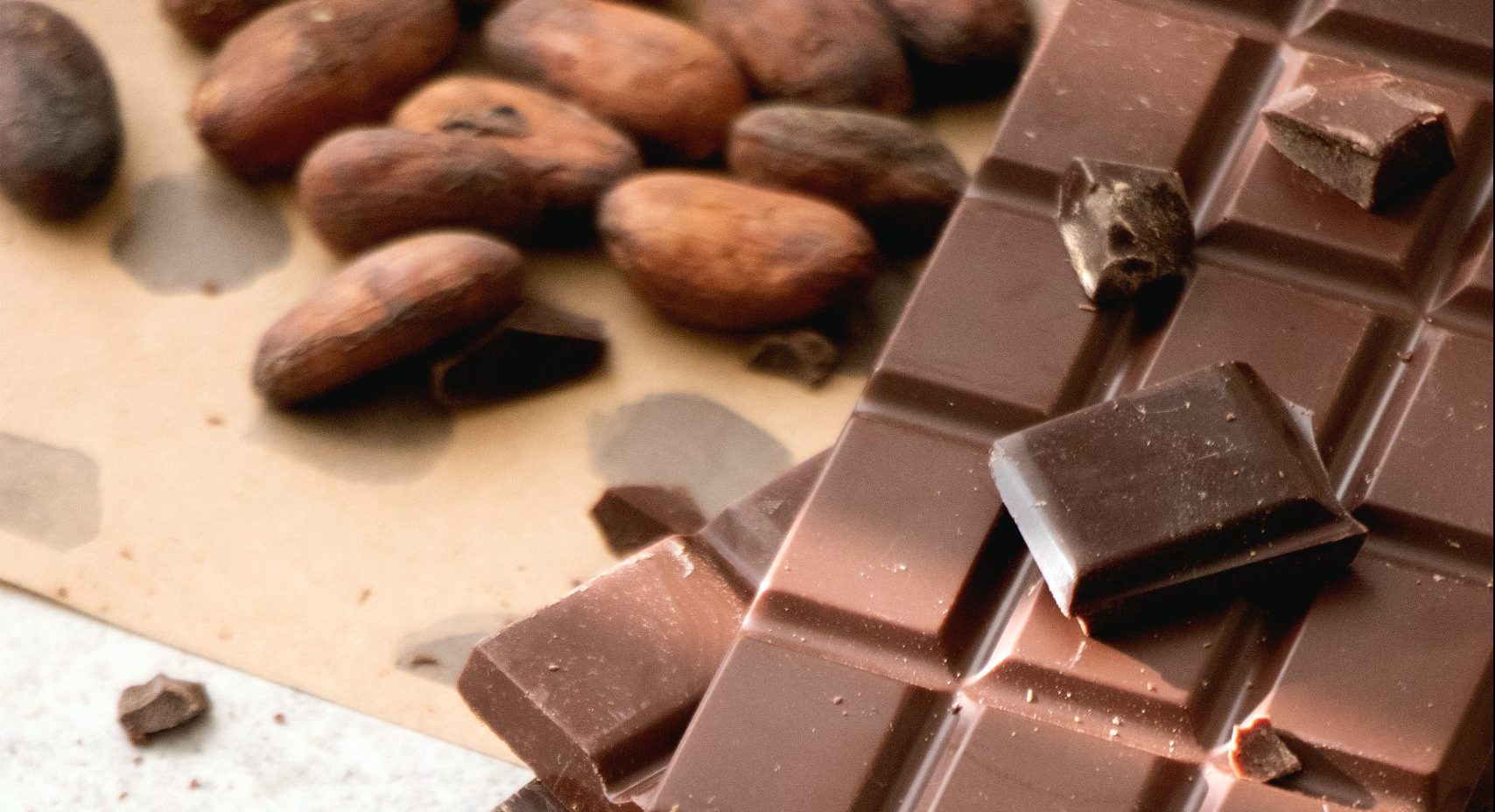
For many people, drinking a gallon of ice-cold chocolate milk is one of the only home remedies that can quell a migraine. That’s why it’s so ironic that in others, chocolate can trigger an episode. Roughly 20% of migraine sufferers list chocolate as a problem substance, with researchers believing the presence of beta-phenylethylamine, which stimulates the central nervous system and brain, to be the culprit.
Pickled foods
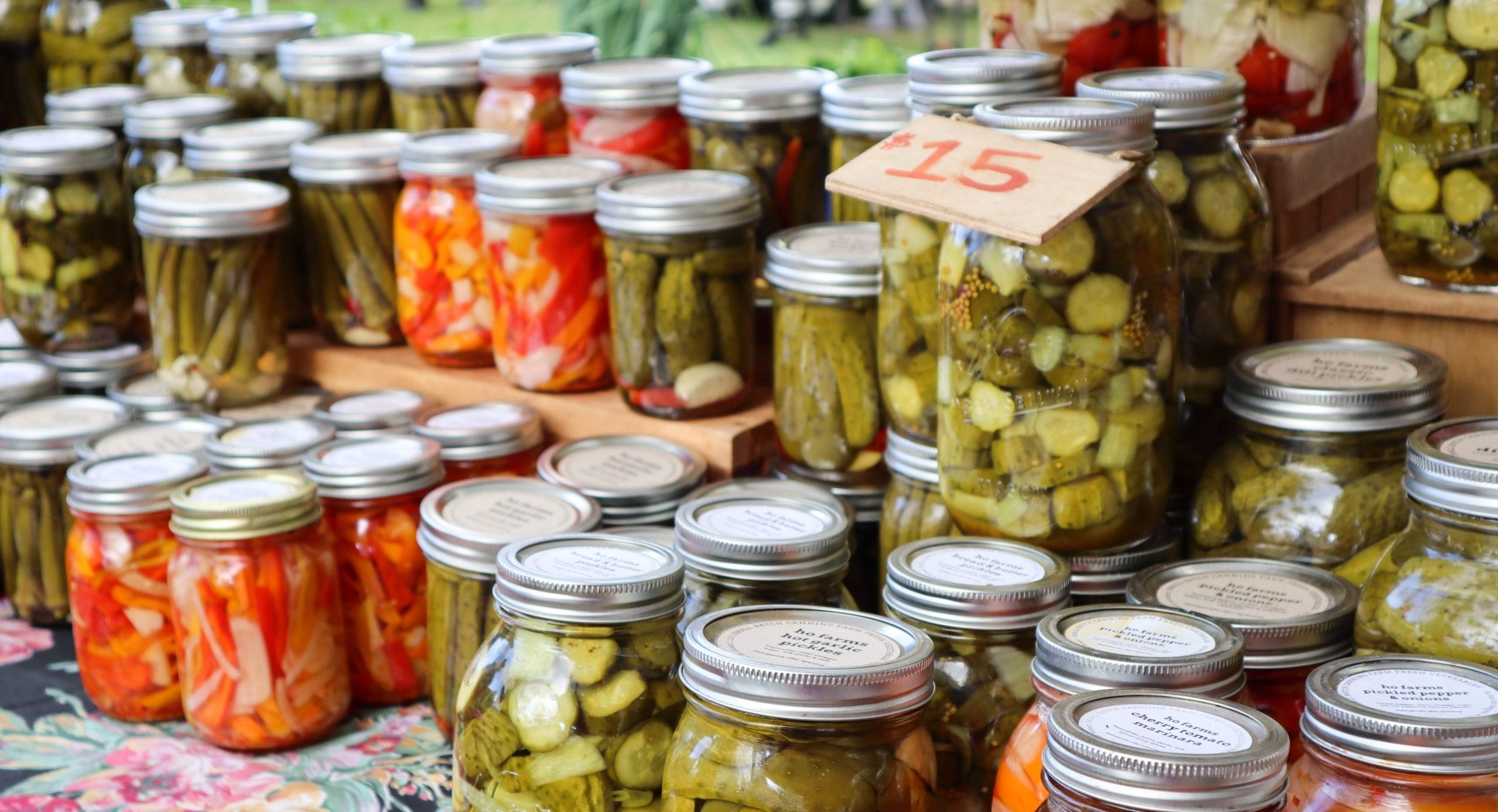
A high proportion of migraines are actually triggered by food sensitivities, which the sufferer may or may not be aware of. One common food group that has proven an issue for those looking to avoid migraines is pickled and fermented foods. So if you often feel a headache coming on after eating things like kimchi or miso, that’s why.
Over-the-counter pain medication

In one of nature’s crueller twists of fate, many of the pain relief methods that you might reach for when you feel a migraine coming on can actually cause a migraine themselves. Excessive or long-term use of tablets like ibuprofen has been shown to cause both overuse and rebound headaches, meaning that both the meds themselves and discontinuing use can cause migraines. Yikes!
Depression

The last thing you want to be dealing with while in a bad mental health period is a migraine, but the two problems might be more closely linked than you’d assume. Not only is sadness a common symptom of the prodromal, or pre-migraine phase, but those with depression are more likely to experience frequent migraines, though the reason why is as yet unclear.
Skipping meals

Most people have accidentally skipped dinner at one time or another, whether due to a busy day at work or a hectic travel schedule. Nevertheless, if you’re looking to avoid migraines you should make sure to get three square meals a day, as skipping a meal can lead to low blood pressure, which in turn can lead to a migraine episode.
Sugar substitutes
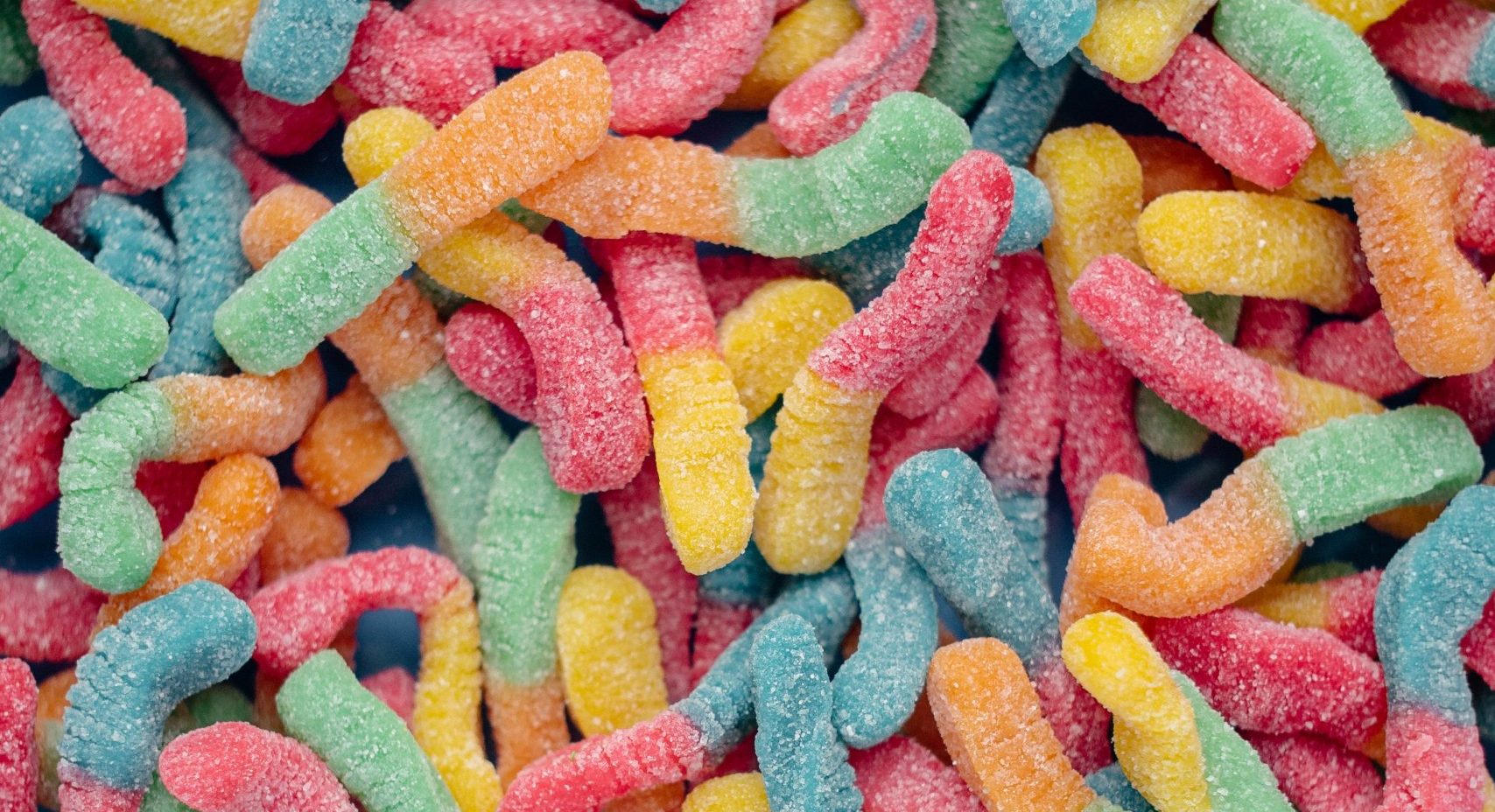
Though the research has not yet been thoroughly concluded, the sugar substitute aspartame has been known to trigger migraines in many people. This substitute is found in a number of sugar-free products, including chewing gum, diet soda, ice cream and many brands of breakfast cereal. So if these foods tend to trigger episodes for you, it may be worth switching to a full sugar version instead.
Hormone fluctuations

If you’ve found that there’s an uptick in the frequency or intensity of your migraines once a month, then there might be a reason for that beyond coincidence. Changing levels of estrogen in the body is one thing that can bring a migraine on or increase its intensity, which is why perimenopausal women sometimes have migraines more frequently. Taking an oral contraceptive may alleviate this problem.
Too much caffeine
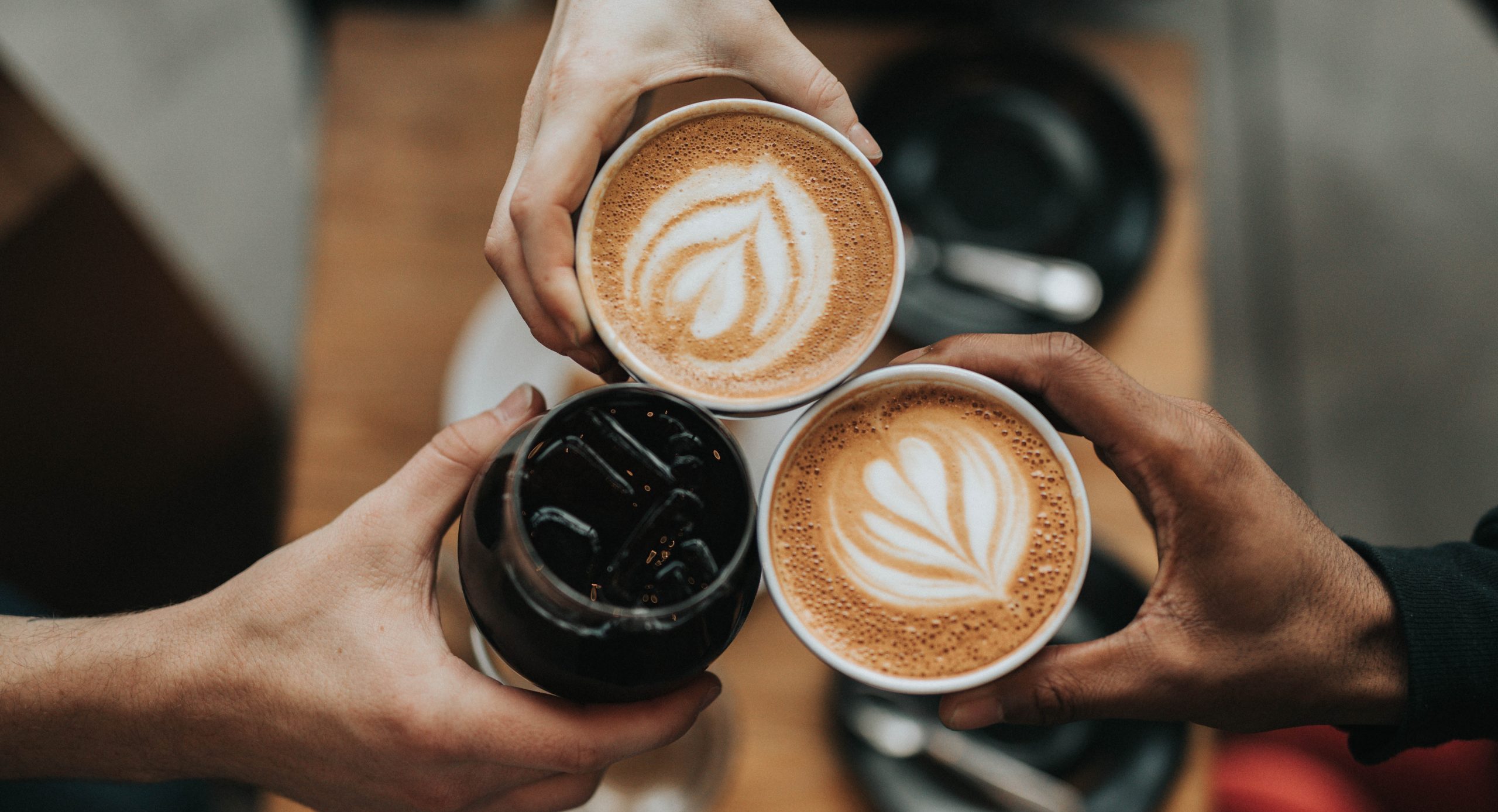
Unfortunately for coffee lovers, diets featuring a high amount of caffeine have been known to worsen symptoms in migraine-prone people. Unfortunately, stopping your caffeine intake suddenly or dramatically can also result in withdrawal headaches. So, what’s the solution? Drinking a moderate but consistent amount of coffee or tea seems to be the sweet spot.
Jet lag
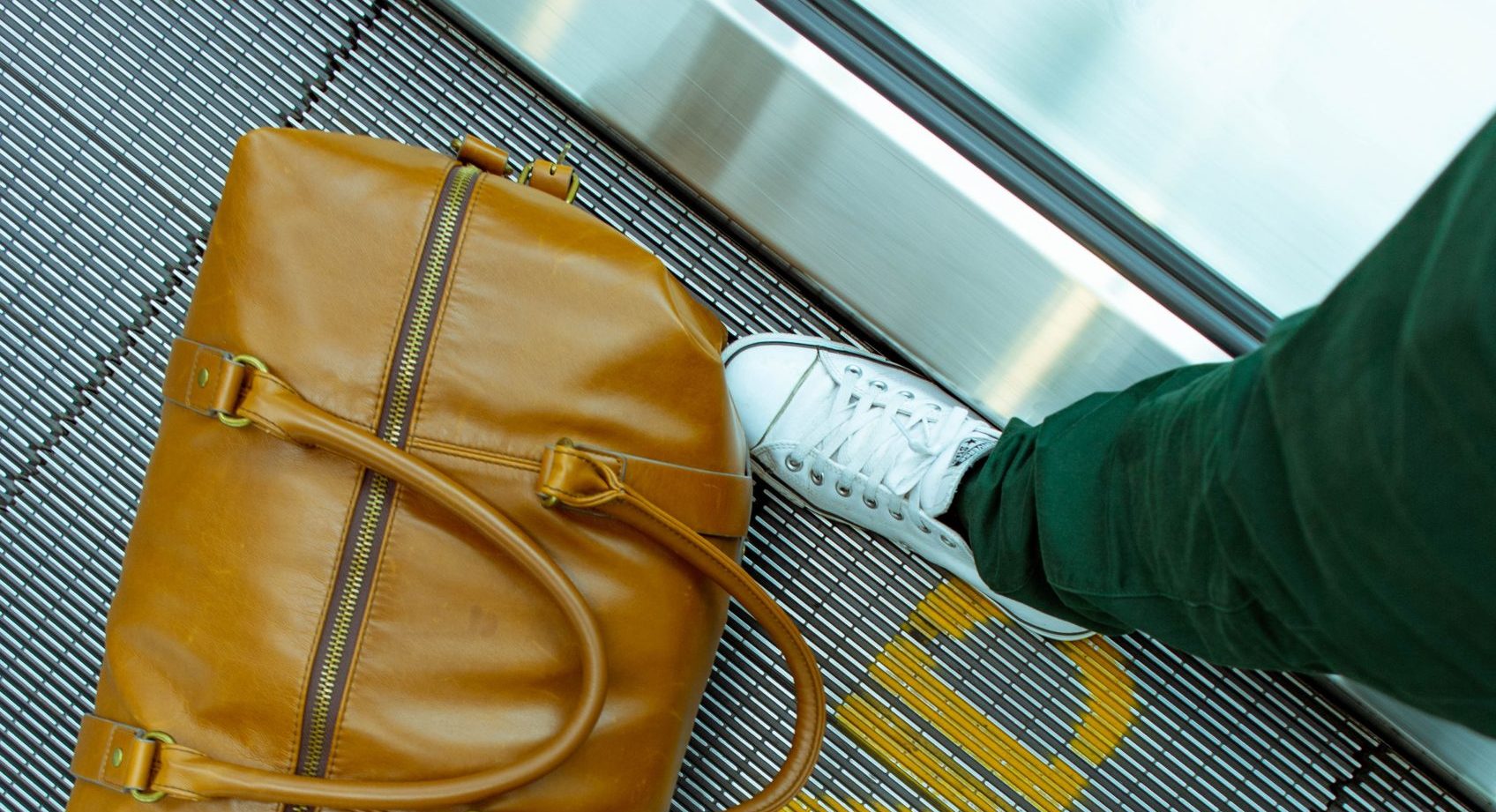
As odd as it may sound, jetting off to a far-flung beach or coming home from a productive business trip could bring on a migraine of monstrous proportions. Altering your sleep schedule in any sudden or dramatic way, including via travel, causes chemical alterations that may trigger a migraine, in addition to increasing your susceptibility to pain and decreasing your ability to concentrate. Fun!
Alcohol
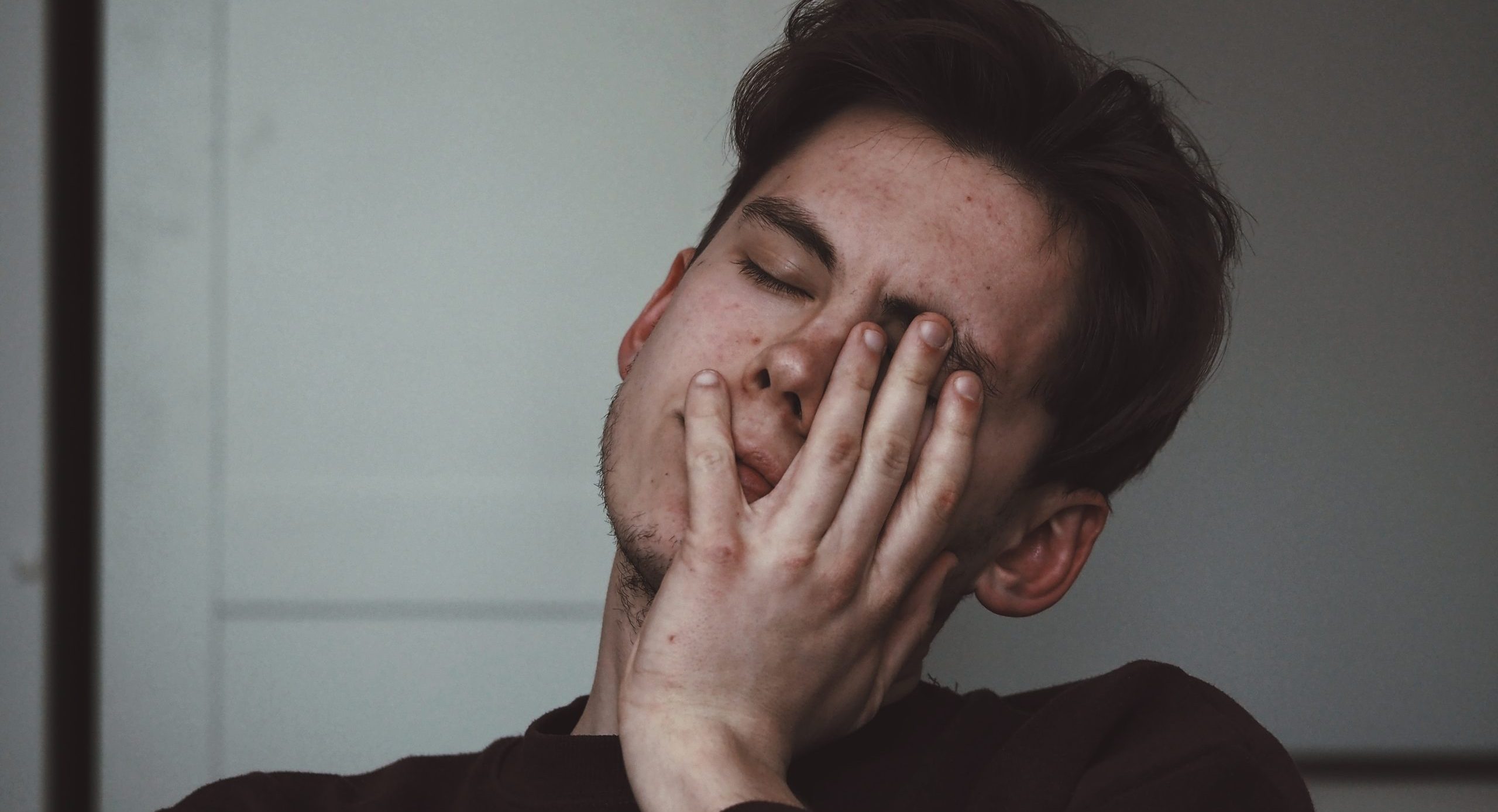
Drinking alcohol is one of the most common ways of triggering a migraine, at least according to those who suffer from them regularly. 30% of migraine sufferers list alcohol as a no-no, probably because many boozy drinks include migraine-inducing ingredients like histamine, tyramine and sulfites. However, the link could also be down to the fact that drinking alcohol causes blood vessels to dilate quickly.